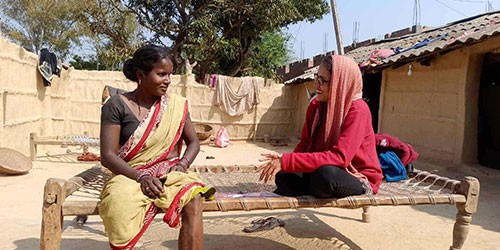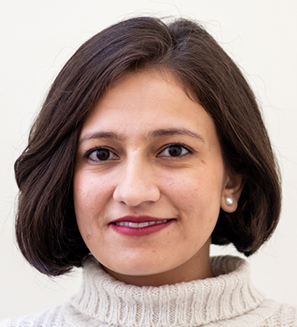Background
TDR, the Special Programme for Research and Training in Tropical Diseases, hosted at the World Health Organization in Geneva, Switzerland, has developed a toolkit entitled “TDR Gender Research Toolkit: Incorporating intersectional gender analysis into research on infectious diseases of poverty”. The objectives of this toolkit are to: 1) strengthen the research capacity of disease-affected countries in intersectional gender approaches; 2) understand and address barriers to effective and quality implementation of health interventions oriented to prevent and control infectious diseases; and 3) explore solutions for equal access to quality health care. It is also relevant to other health research areas and interventions and across scientific disciplines. Hence, it is necessary to pilot this toolkit in order to assess feasibility of its implementation in the real world and in different settings.
HERD International is piloting this toolkit to generate case studies on Tuberculosis (TB) and Lymphatic Filariasis (LF). This project will analyze how gender intersects with other key social stratifiers to shape infectious disease conditions, vulnerability to illness, exposure to pathogens, response to illness, health seeking behavior, treatment received, treatment outcome and discrimination and unequal access to healthcare. Ultimately, we will report on the application of the toolkit and provide specific feedback on what worked and did not work well in relation to the toolkit. This will help to refine the practicability of the toolkit so that it can be used across different infectious disease affected countries to improve the disease outcome specially in terms of its prevention and control.
Objectives
- To pilot the application of TDR Toolkit in research of tuberculosis (TB) and lymphatic filariasis (LF) in Nepal.
- To generate specific recommendations for improving the TDR toolkit.
- To generate evidence on how gender intersects with age and ethnicity in treatment of TB patients enrolled in National Tuberculosis Program.
- To generate evidence on how gender intersects with other social stratifiers to influence perception, understanding and awareness on LF of local people residing in Bardiya district.
Methodology
TDR toolkit will be implemented on LF and TB by using descriptive exploratory qualitative and retrospective quantitative methods respectively. Secondary data will be collected from two purposively selected DOTS center of Kathmandu from the period of last fiscal year (July 2018 – July 2019). Data will be collected on male and female of all ages including children. Similarly, approximately 20 qualitative interviews will be conducted in Bardiya district, (an LF endemic region) where people of more than 18 years of age residing in that place for at least 1 year will be interviewed after receiving an informed consent. Data will be collected by using a template designed according to TB HMIS register and semi structured interview guideline.
Associated Team Members
Ayuska Parajuli
Senior Research OfficerPersonal bio I am a public health professional and a registered nurse with more than 3 years of experience. With my sound knowledge and experience, I have been involved in several projects in areas of gender and intersectionality, gender equity and social inclusion (GESI), sexual and reproductive health of HIV infected women, Antimicrobial resistance (AMR), health system research focused on community health workforce infectious disease of poverty, Non communicable diseases. I have robust skills in conducting research using qualitative and [...]
Learn moreAbriti Arjyal
Research Manager - Qualitative and Multidisciplinary ScienceAbriti Arjyal
Research Manager - Qualitative and Multidisciplinary ScienceKey Expertise Ms. Abriti Arjyal works as Research Manager – Multidisciplinary Qualitative Research – at HERD International and has experience in the area of public health, health system and service delivery research, social science and gender, and equity. She is an emerging young researcher with more than seven years of experience leading formative and operational field studies, evaluation studies, and literature reviews, with expertise in design and implementation of qualitative research, and various community and participatory based approaches. She has sound knowledge [...]
Learn moreProject Location
Similar Projects
Monitoring and Evaluation of Remote Areas Maternal and Newborn Health Pilot (RAMP), Taplejung This was a pilot project ...
Reaching the unreached with family planning services … The UK Department for International Development (DFID) and the United States ...
Background Since 2003, MDA program has been conducting till date in Nepal. The program was initiated in all districts in 2013 and ...
A short term project to monitor the activities of UNICEF interventions in the earthquake-affected districts to help UNICEF perform ...
Introduction Nepal is in the process of institutionalizing federalization. Three tires of government, as per the new structure, ...
Background UNICEF’s Acute Respiratory Infection Diagnostic Aid (ARIDA) project was initiated as a response to the call for better ...



